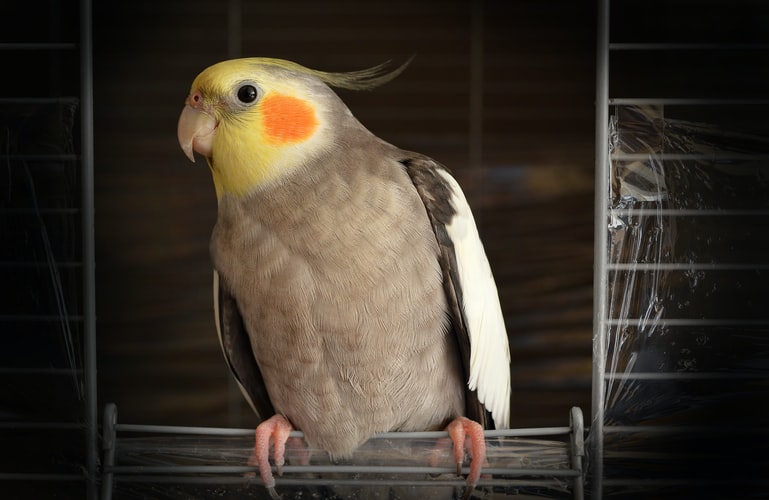Things you should know before adopting a bird
Birds are precious animals that brighten our day with their song or are so pretty that they look perfect in our home. Before adopting one, you should know its needs perfectly , but it is also good that you know what the “cons” of having a bird are so as not to be disappointed later and end up regretting having bought it.
1-First of all, it must be clarified that many birds that are kept in captivity are not domestic animals . This means that they have not evolved differently from their wild relatives to adapt to living with humans. Many times they are wild species from exotic countries that need a modified environment to live healthy, either in the temperature or the toys they need to avoid vicious behaviors due to boredom. Some never get used to or enjoy the company of people.
2-There are a few diseases that can be transmitted from birds to people; These are chlamydia (Psittacosis) and avian tuberculosis, which are spread through the air. These are especially dangerous for immunosuppressed people, but anyone can get them. It is important to purchase farmed birds from recognized stores, where the animals are in good health, and avoid adopting wild birds or birds of unknown origin. In addition, birds release dust and flaking of their skin and feathers into the environment and can cause allergies or harm people with asthma.
2-Many birds, especially parrots, are noisy and produce a lot of waste when eating and scattering remains of seeds throughout the day. You will have to invest in a good vacuum cleaner if you want to keep your home clean. Prepare to wake up early, because as soon as the birds perceive the sunlight they begin to vocalize and want their breakfast. They also enjoy pecking at wooden objects instinctively, no matter if it’s hangers , furniture, or toys, so don’t leave anything you appreciate within reach. The same is true for cables, ropes and some fabrics. Consider getting rid of toxic plants.
3-Birds are very sensitive to impurities in the air. They inspire a large amount of air in relation to their weight, so they absorb any pollutant that is in suspension. It is very important not to smoke, not to use incense or deodorizers or aerosol cleaners in the environment where the cage is located. If you are in the kitchen, you should avoid using Teflon or non-stick elements to cook, as they release substances that can be fatal to birds.
4-You will have to be willing to spend a lot of time with your new pet. It will not only take you time to train him and gain his confidence, but also to clean his cage, his saucers and the surroundings. Remember that good hygiene is essential for your bird to stay healthy. There are many special products for this that are not toxic.
5-It is important to provide them with a cage appropriate for the species so that they can live and exercise. Some birds can be released to fly a few hours a day in a room specially prepared for them. In other cases, their wing feathers are trimmed and they can walk and climb at will. Keep in mind that they need about 4 hours of direct sunlight (be careful in times of high heat) or exposure to an appropriate source of UVB / UVA radiation.
6-Before acquiring a bird, you should find out from a specialized veterinarian that you can turn to for routine checks or in case it gets sick.
7-Keep in mind that some birds can live for many years. Some parrots have a life expectancy of between 20 and 50 years, so if you decide to adopt one, you are making a very long-term commitment.
If you are prepared to face these changes and a few more that may arise, you are ready to enjoy the company of a bird in your home. Although it takes some effort, this is well worth it to achieve the best possible relationship with your new pet and give him a long and happy life.


